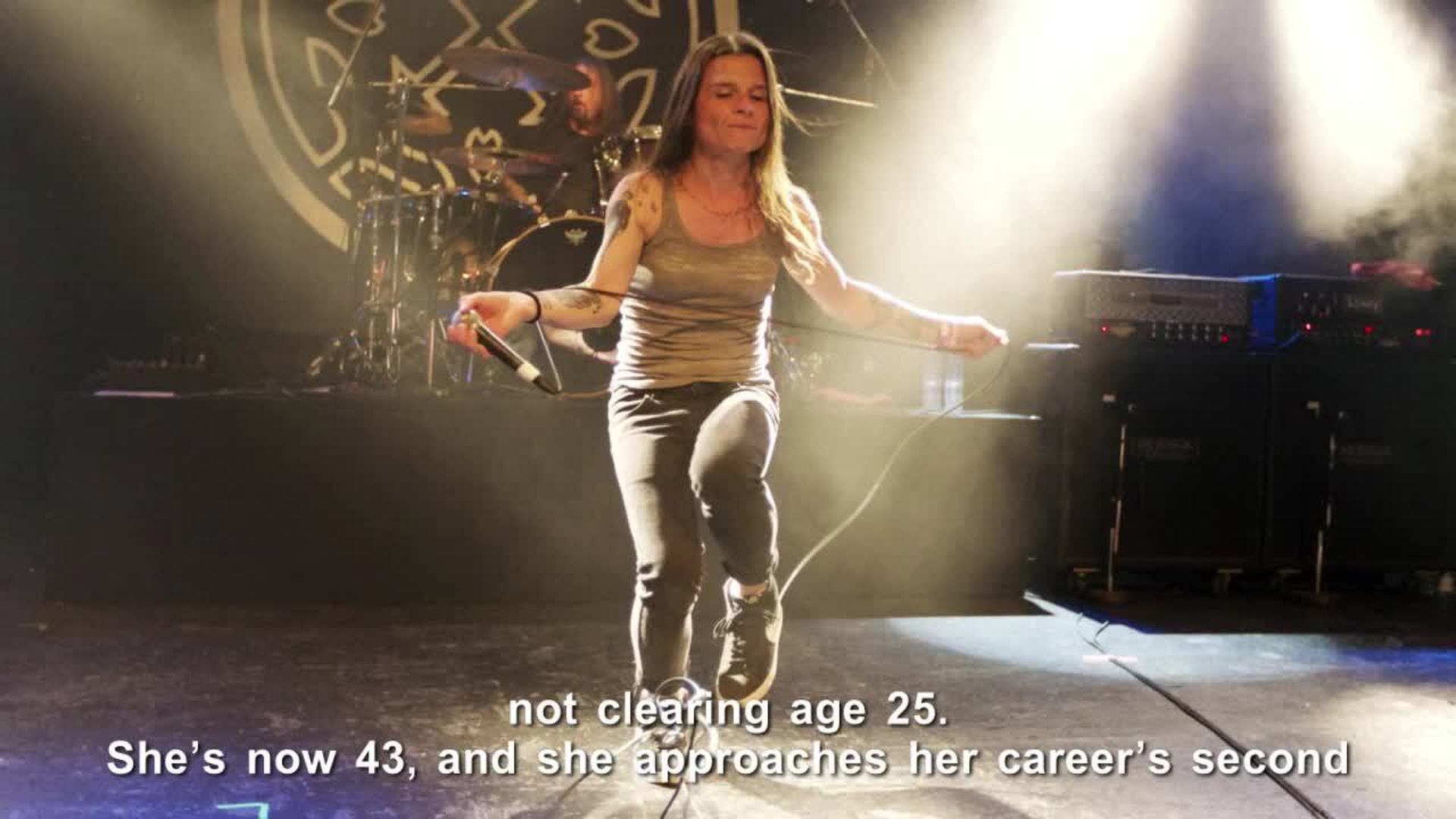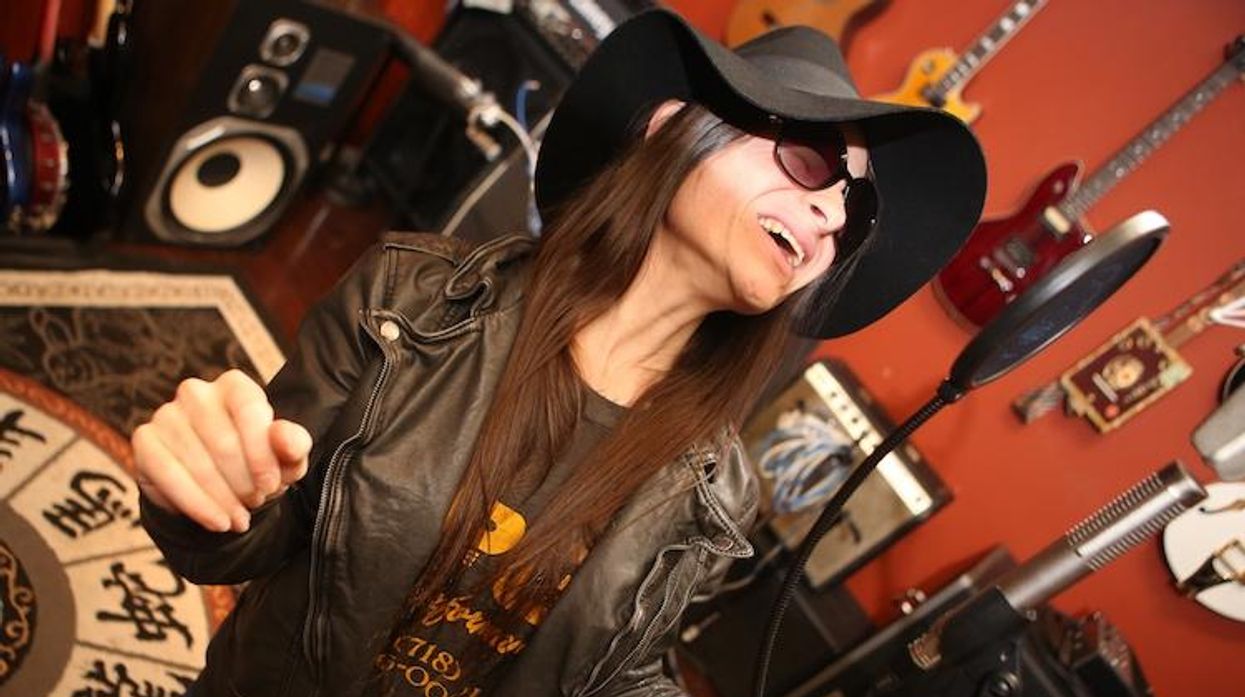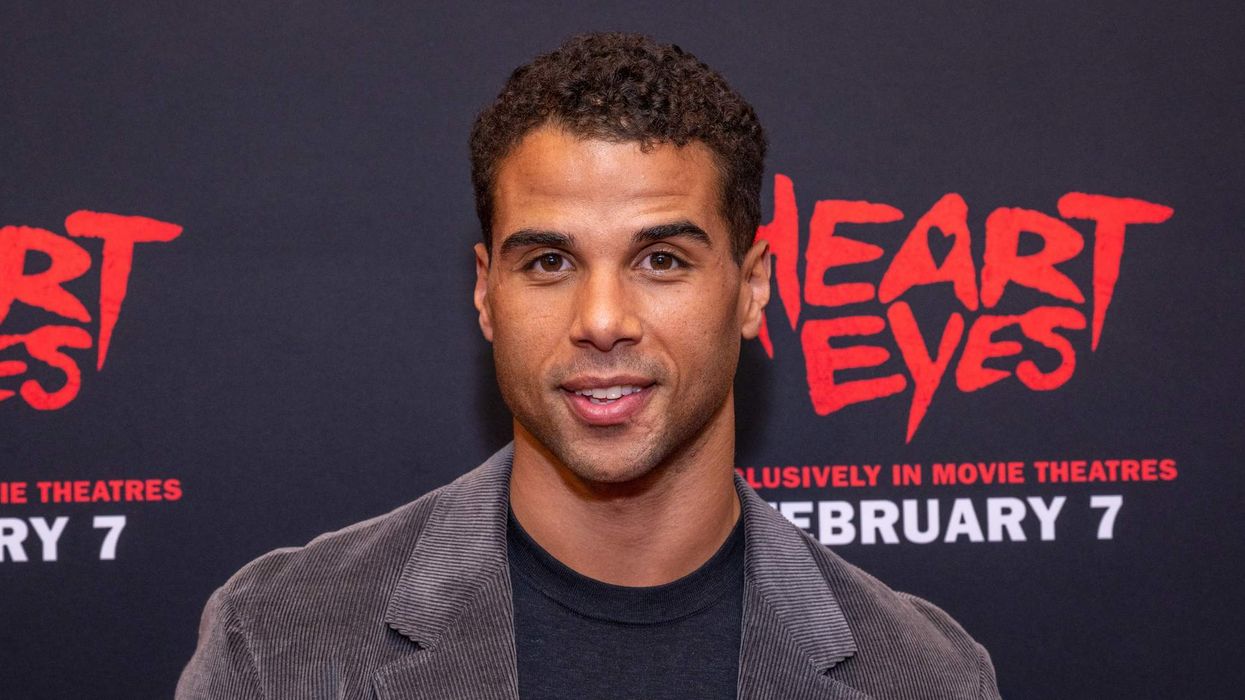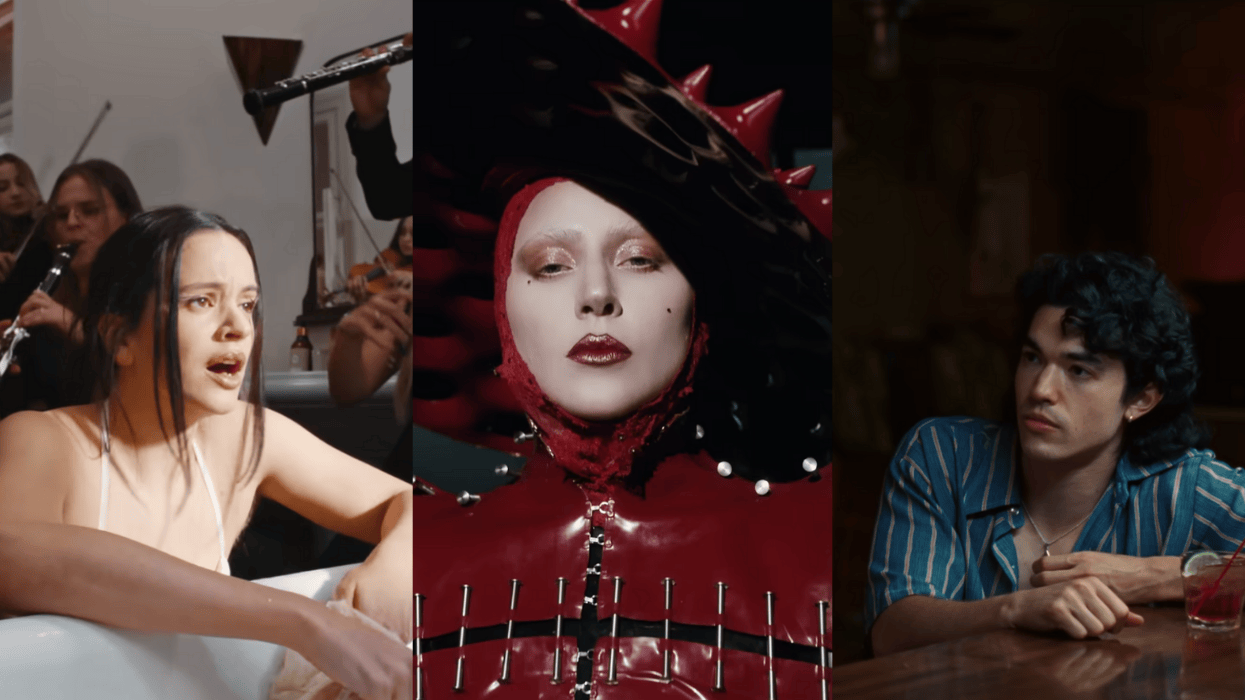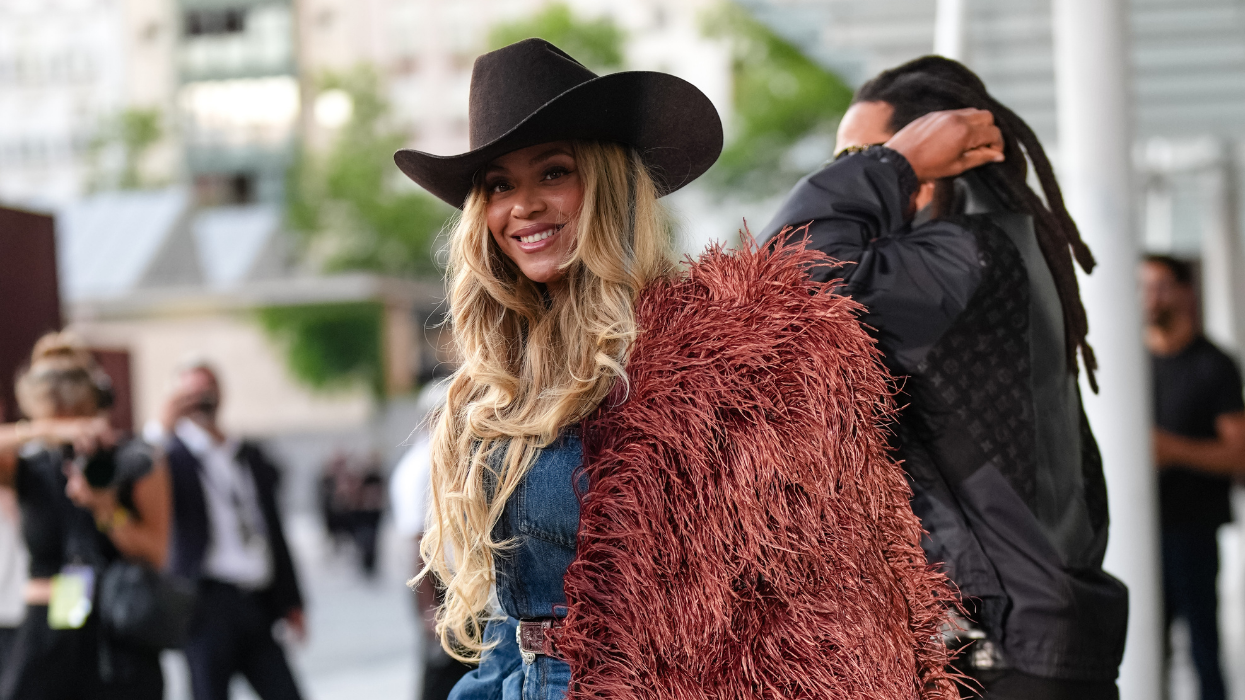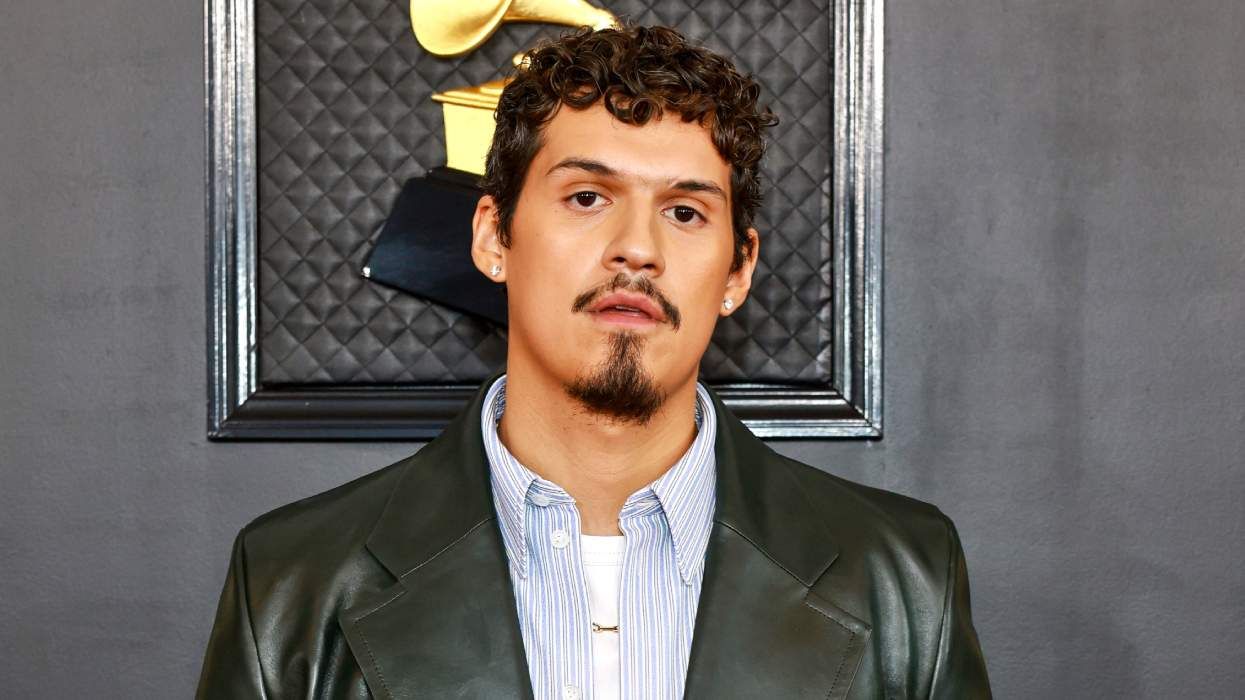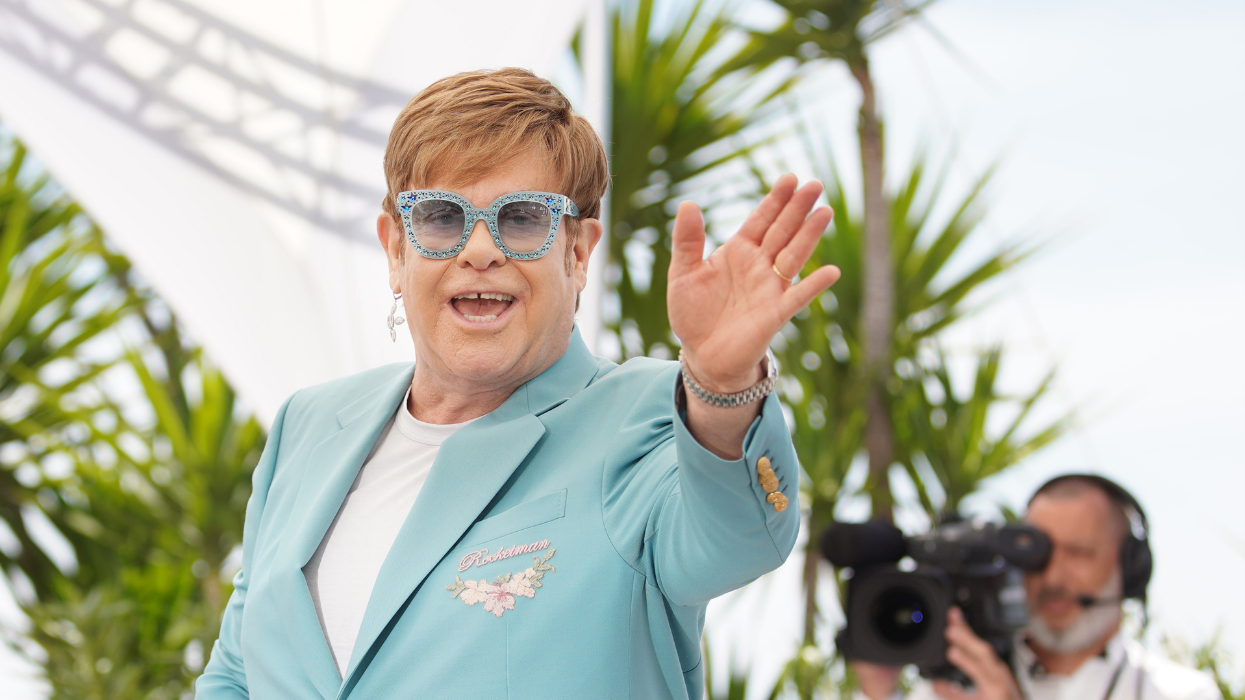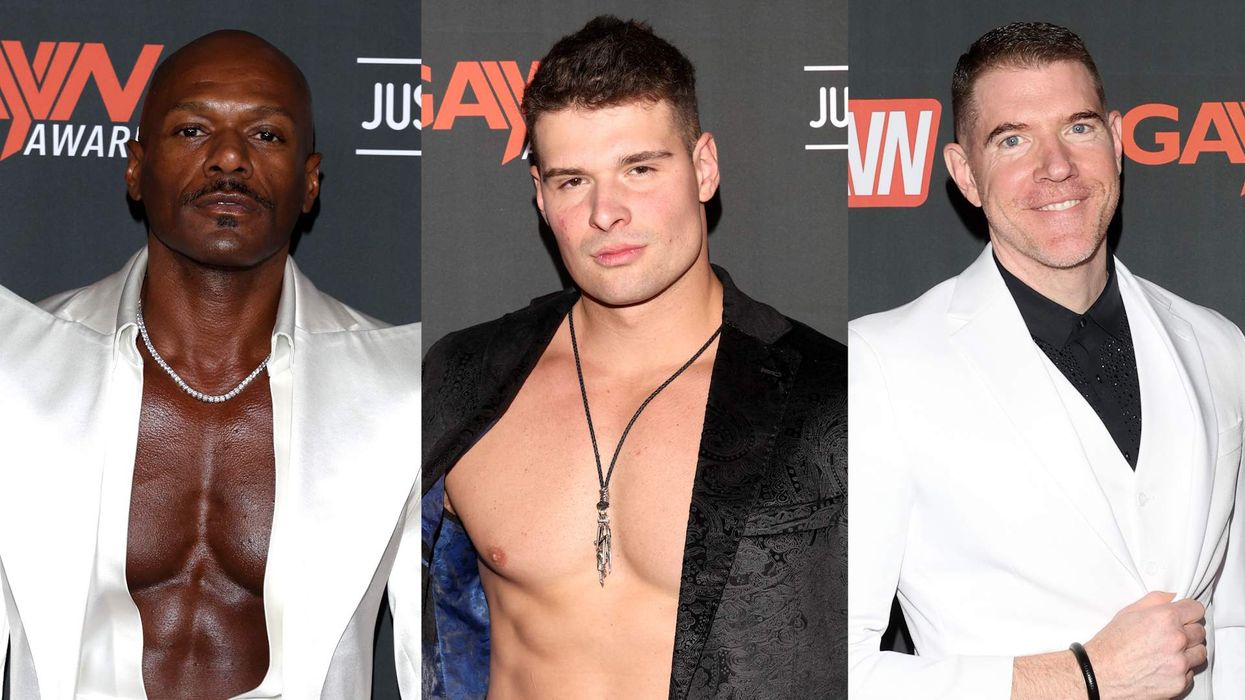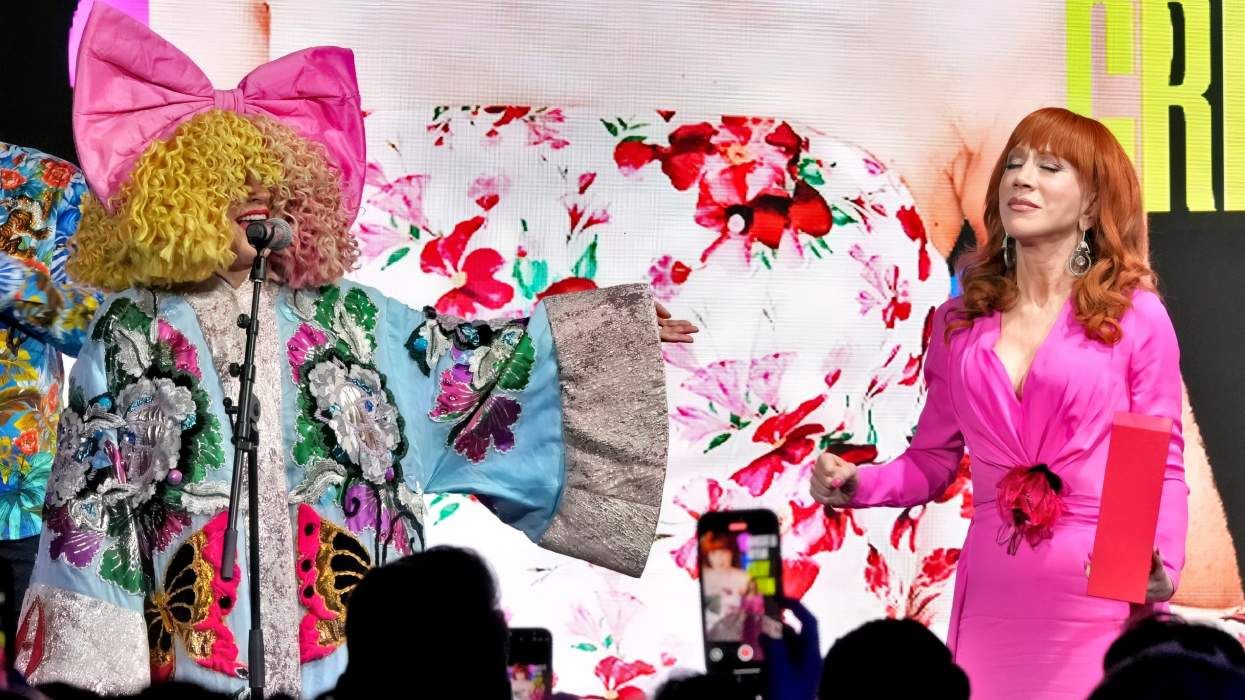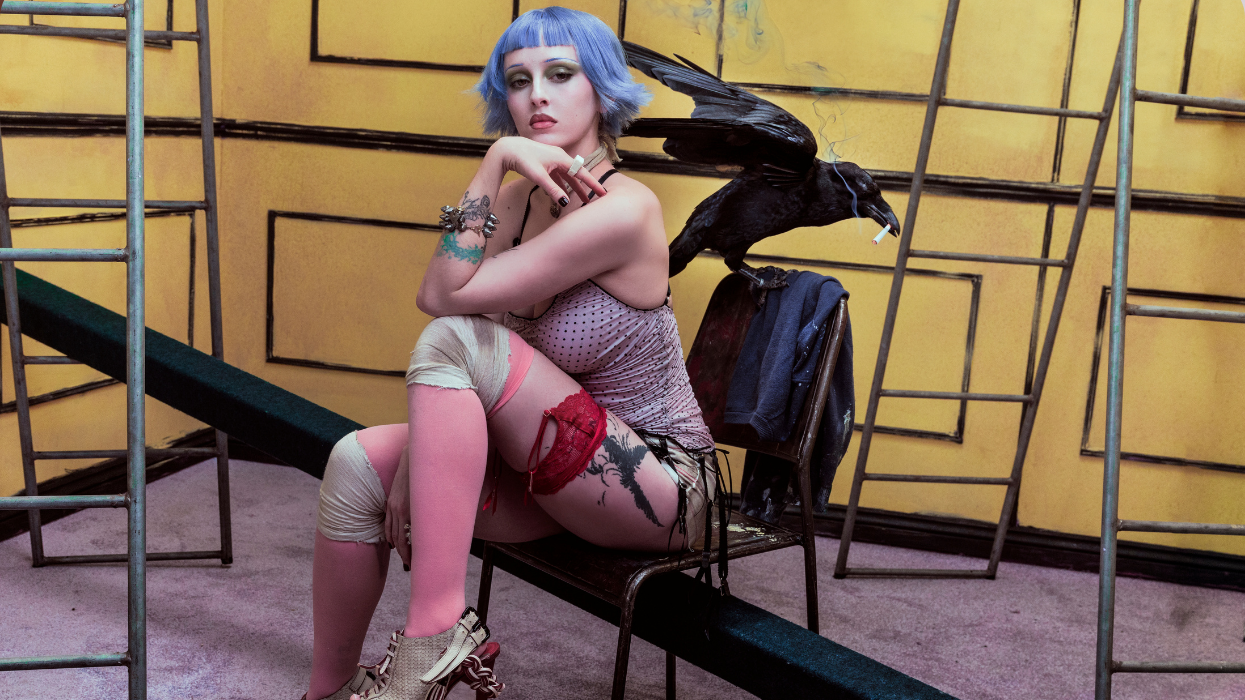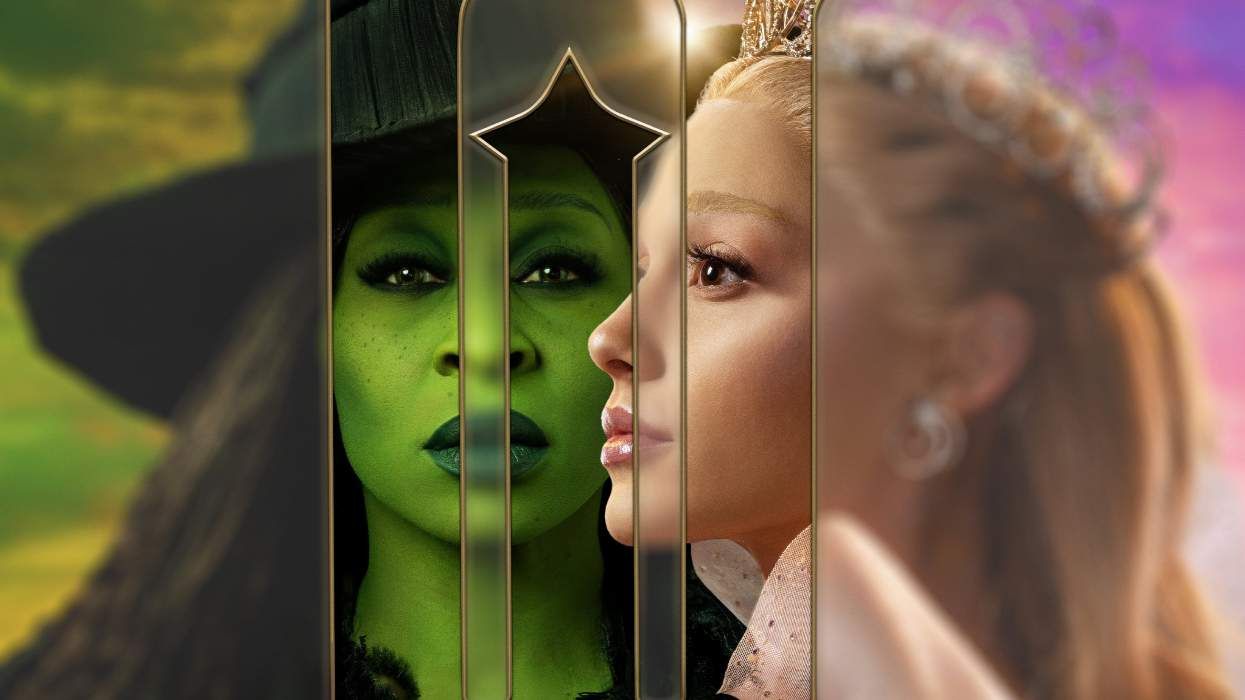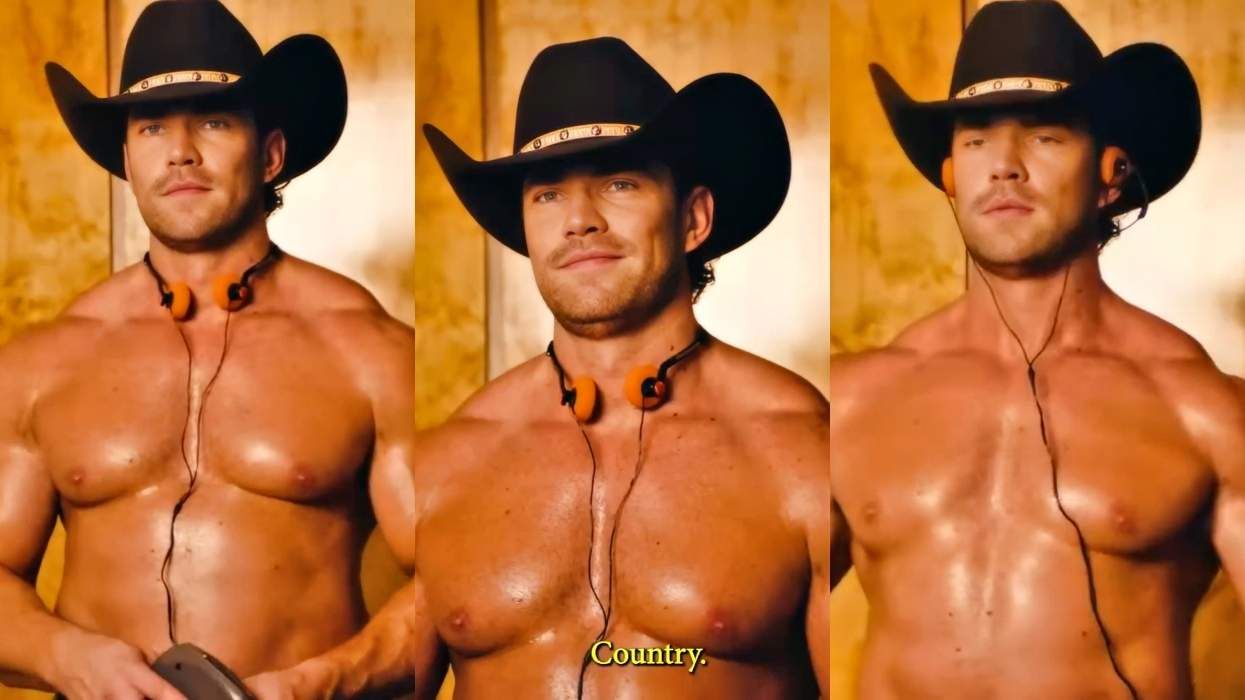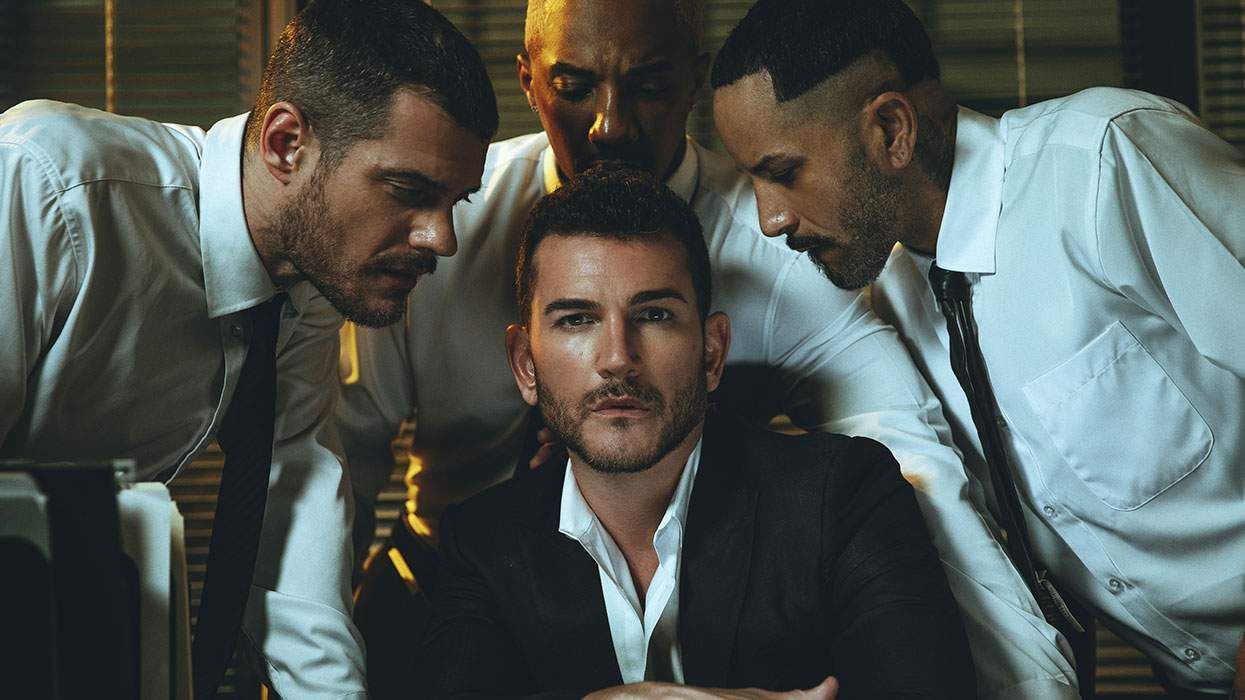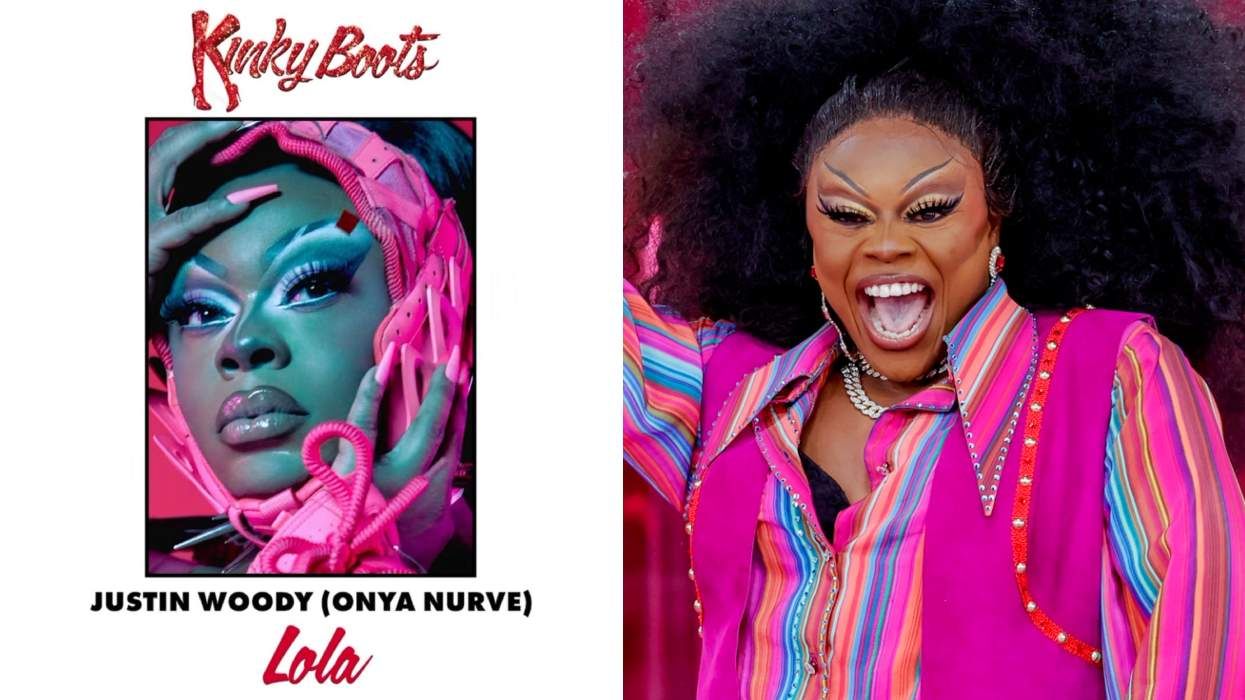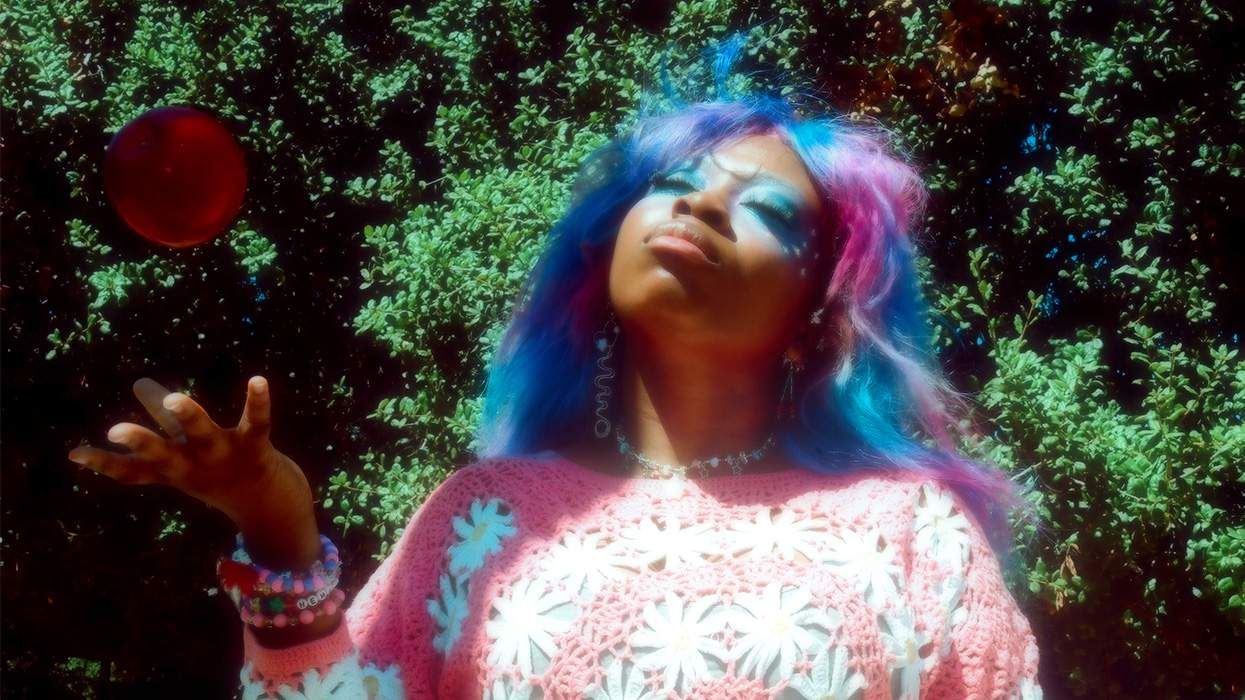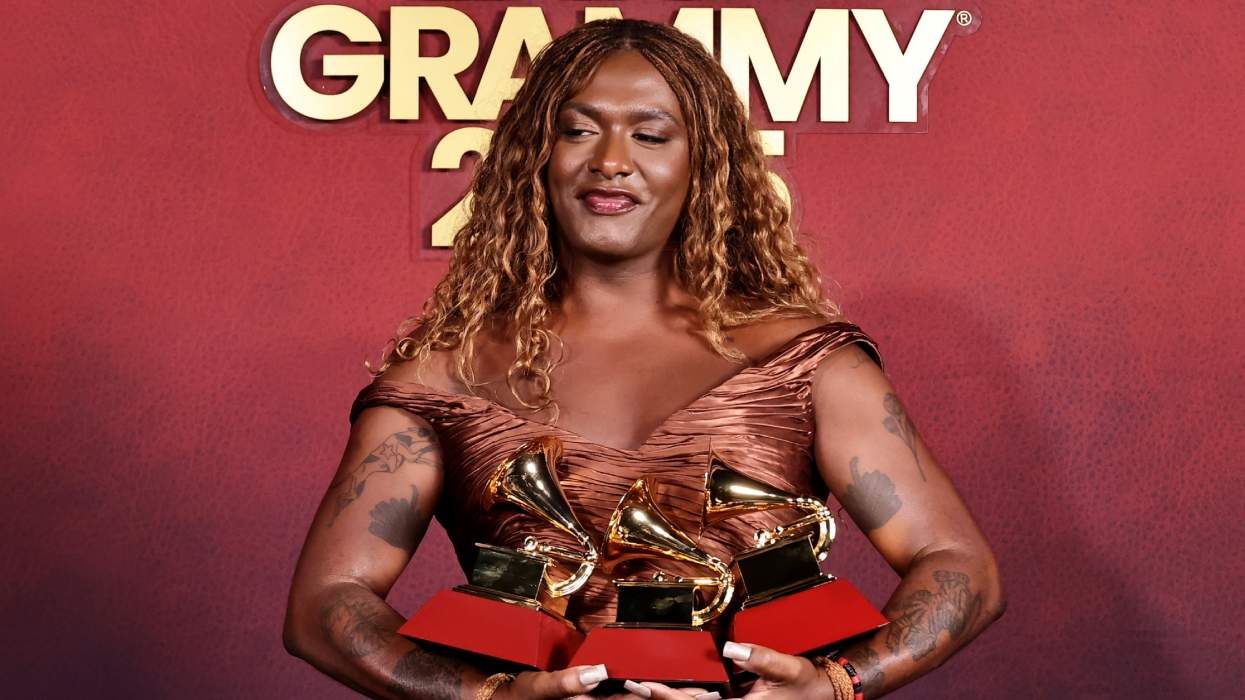It was a blistering day in May, so Mina Caputo, the frontwoman of the metal band Life of Agony, texted me that she had gone into an air-conditioned bookstore on Prince Street to cool down. I was curious which section I'd find her in, so I didn't text her when I arrived. I wandered to the basement and saw a slight woman with tattooed arms extending from the sleeves of her green dress. "I was looking at Cognitive Psychology," she says to me, noting that she came up short in her earlier search of a good Chopin biography.
Caputo, born in 1973, was raised by her grandparents in Mill Basin, Brooklyn. She lost her mother to a heroin overdose as a young child. "I used to say when my mom died her spirit did something to me. I think maybe she put a little feminine stardust in me." She loved her father deeply from a distance. "He was suffering his whole life with heroin, and I didn't want to burden him with what was burdening me. We were just all concerned with trying to get him clean. He died at 56."
Caputo, with her thick New York accent and scrappy physical presence, has clearly inherited Italian hand gestures. "I could give a fuck," she says while flicking her hand under her chin, of any reception of Life of Agony's latest album, A Place Where There's No More Pain. "It's all about believing in yourself, and believing in the creativity that you put out into the world. I know, in my heart and in my soul, this is the album of our career."
Caputo publicly came out as trans in 2011, which provided a new congruity to the band's strange narrative arc. Life of Agony formed in 1989, rising alongside fellow Brooklyn metal band Type O Negative, whose original drummer became theirs. Life of Agony's devoted fan base grew with the release of 1993's River Runs Red. They toured with Ozzy Osbourne and Korn after the release of 1995's Ugly, with tracks like "Lost At 22" featuring prescient lyrics, "If I knew where to go I'd get there someday."
Caputo left the group in 1997 as the band approached greater success with the album Soul Searching Sun. During an interview with Rolling Stone earlier this year she said, "I wanted to come out then, but failed miserably and didn't have the courage or the knowhow." Caputo tells me this time was marked by substance abuse, suicidal ideation, and an abiding fear of not clearing age 25.
She's now 43, and she approaches her career's second wind with a seemingly endless gratitude. In 2013, she was playing solo shows on tour with Against Me!'s Laura Jane Grace after the two reached out to each other for mutual support with transitioning. Now, two decades after Soul Searching Sun, Life of Agony is enjoying their reunion--they began playing together again in 2014--and renewed confidence. The band is touring Europe this summer in support of A Place Where There's No More Pain, and Caputo is happiest when she's back onstage. All the original band members--Alan Robert, Sal Abruscato, and Joey Z.--are on board. Caputo and Joey Z. are cousins who grew up together, and she calls him "the biggest ally. He's fiercely irate if someone misgenders me."
The band's chemistry shows on the album. A Place Where There's No More Pain is a concentrated burst of adrenaline. Throughout, the band sounds like they are playing for their life. Songs like "World Gone Mad" and "Walking Catastrophe" showcase Caputo at her most vocally nimble. "Find a place where there's no pain," she sings on the album's title track. While that sentiment works belted mid-chorus, Caputo personally advocates for "getting angrier, more frustrated, more compassionate, more loving, a whole kaleidoscopic [range] of emotions" when we discuss how she's living these days.
She demonstrates this emotional range in our hour together, both bristling over trolls and the "political paradigm" and imparting plenty of tenderness. "A part of me feels like I've wasted so much time," she falters with her eyes welling, "But, then again, I feel like nothing's wasted. I probably would've turned into a junkie, just like my parents. [I] wouldn't have been able to make all the music I've made. I've been saving lives before this whole thing."
Caputo doesn't spend much time stratifying her experience into before and after transition, partially because she "grew up in the transsexual bars from the '80s." She doesn't find the term "transexxual" a pejorative and claims she uses it provocatively (though she does whisper it in the bookstore). In conversation, she frequently retreats into abstractions, and emerges with wisdom. "Nothing really can prepare you for this life except believing in your own worth," she tells me. "I categorize myself as a beautiful, expanding human being. All people just want to explode in the beauty of how diverse the human experience really, really is."
On becoming stronger, Caputo says, "It's scary, but you have to care about how you feel, and you have to care about feeling good." She acknowledges that this has become her go-to motto, telling me that journalists usually ask her for "last words" before stopping the tape. We decide to eschew this. All too often, famous trans women get summarized by their sound bites; their selfhood has to function as a symbol. Caputo, a radiant performer screaming into her mic for us, has been working for a long time to find a more beautiful, expanding place than that.
